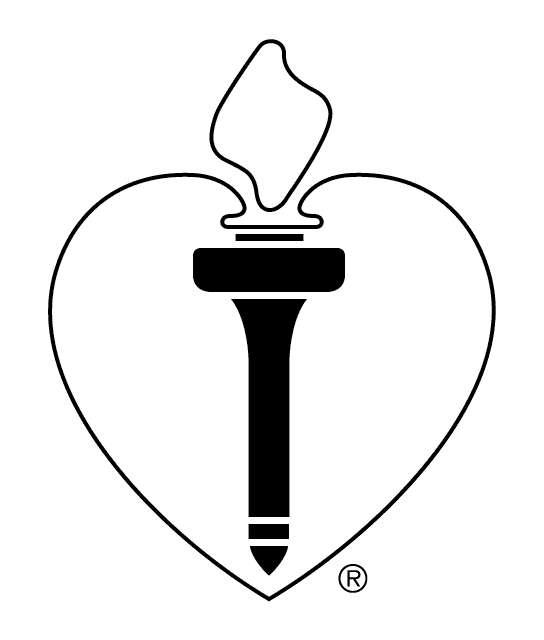Giving Your Heart the Care it Needs
Identify Cardiovascular Issues Effectively and Efficiently
There is no substitute for an in-depth examination by a board-certified cardiologist. At Brooklyn Cardiovascular Care, we achieve this with the most modern diagnostic technology to provide you with the best possible care.
Common Symptoms
Chest Pain
- Chest pain is the most common symptom of a heart attack. If your heart does not receive enough blood to function properly, this causes pain called angina. Victims usually explain the feeling of tightness, squeezing, and pressure built in the chest. The pain can sometimes be felt in other body parts as well.
Angina is frequently accompanied by shortness of breath, nausea, sweating, and dizziness. Chest pain can indicate a heart attack and various other very serious conditions, and should always be evaluated by a physician as soon as possible. If the chest pain is experienced suddenly, treat it as an emergency.
Shortness of Breath
- Dyspnea, or shortness of breath, can be caused by many different heart conditions. A heart attack can cause shortness of breath without chest pain, especially in the elderly, diabetic and women. Patients with heart failure can feel short of breath. Other conditions that cause shortness of breath include inflammation of the heart and even endocarditis which is a form of infection. If you experience these symptoms, it is important to consider visiting a physician immediately.
Palpitations - Palpitation is the sensation when your heart beats fast even while at rest. Palpitations can indicate heart disease, like atrial fibrillation and supraventricular tachycardia. They can also be caused by dehydration, electrolyte imbalance, and fever. Patients who get palpitations should consult their physician, and should be worked up by a cardiologist.
Passing Out - The medical term for fainting or passing out is syncope. This can be caused by a heart attack, an arrhythmia, an aneurysm, or a stroke. Feeling dizzy or light-headed is called near-syncope, and can indicate the same conditions. Syncope and near-syncope can also be caused by non-cardiac issues such as seizures, hypoglycemia, and dehydration. Anyone who passes out must notify a physician immediately, and pass out suddenly should be considered an emergency.
Leg Swelling
- Leg swelling, or edema, can be a sign of heart failure. Though it is sometimes mistaken as a sign of aging, leg swelling should not be taken lightly. It can also indicate a possible clot in the leg, called a DVT. If you have leg swelling, you should inform your physician. If the leg is also painful, cold, weak, or losing sensation, this should be considered an emergency.
Get same-day appointments with our experienced cardiologist. Call us at
718-238-2980.
718-238-2980.
Brooklyn Cardiovascular Care is a handicap-accessible facility. Patients with disabilities can easily access the facility from the street or the parking lot.


